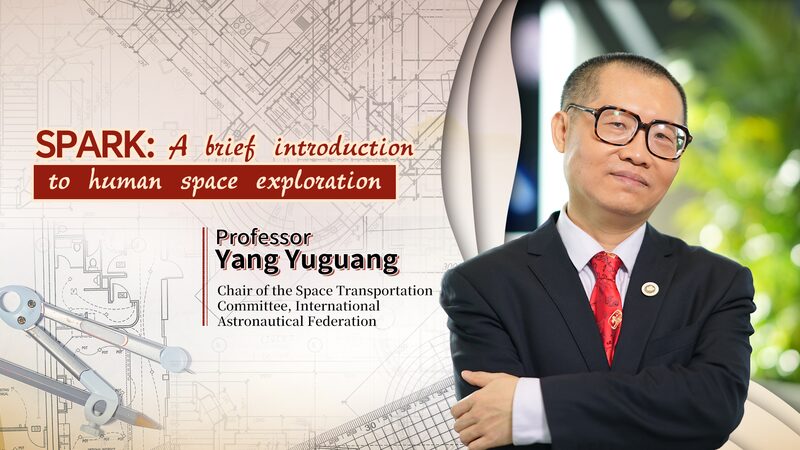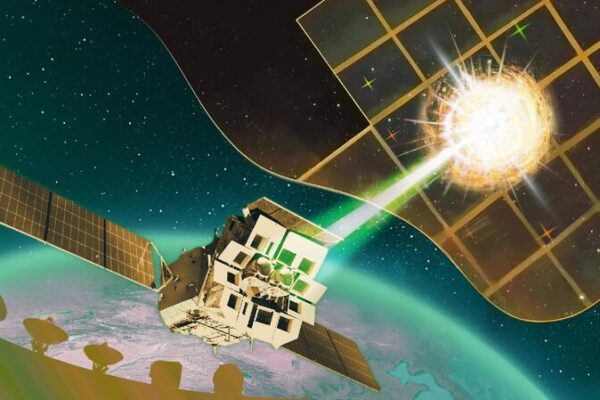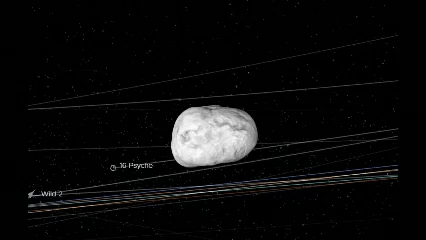Humanity has always gazed at the stars, yearning to unravel the mysteries of the universe. From ancient astronomers to modern scientists, our quest to explore the cosmos has led to remarkable achievements.
The journey began in earnest in 1957 when the Soviet Union launched Sputnik I, the world’s first artificial satellite. This historic event marked the dawn of the space age, inspiring generations to look beyond our planet. Just a few years later, in 1961, Yuri Gagarin became the first human to travel into outer space, orbiting Earth and proving that space exploration was not just a dream.
These milestones ignited the Space Race between the Soviet Union and the United States, fueling rapid advancements in technology. The competition reached a pinnacle on July 20, 1969, when American astronauts Neil Armstrong and Buzz Aldrin became the first humans to walk on the Moon during the Apollo 11 mission. Armstrong’s words, “That’s one small step for man, one giant leap for mankind,” echoed the significance of this achievement.
In recent decades, China has emerged as a significant player in space exploration. The country successfully launched the Tiangong space station, meaning “Heavenly Palace” in Chinese, and continues to send crews to conduct scientific experiments. With ambitious plans to land humans on the Moon by 2030, China’s efforts mark an exciting new chapter in human spaceflight.
Beyond technological feats, space exploration has also captured our imaginations through literature. Renowned Chinese science fiction author Liu Cixin delves into deep space exploration in his bestseller The Three-Body Problem, introducing readers to the profound possibilities that lie beyond our planet.
For those eager to learn more about humanity’s journey into space, the latest episode of SPARK features Professor Yang Yuguang from the International Astronautical Federation. He provides an insightful overview of our past accomplishments and future aspirations in space exploration.
About SPARK
SPARK is an innovative educational series that blends science, philosophy, art, and research into engaging digital content. By making complex ideas accessible, it creates a welcoming space for curious minds everywhere to explore, learn, and grow together.
Reference(s):
cgtn.com








